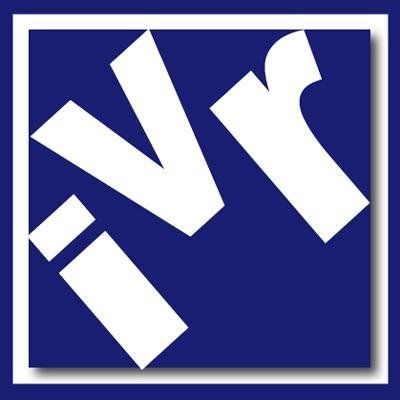SW22
LAW AND JUSTICE IN DEMOCRATIC SOCIETIES: LEGAL NARRATIVES, LEGAL CLINICS AND EMOTIONS
CONVENORS: JEANNE GAAKEER, CARLA FARALLI, M. PAOLA MITTICA, FLORA DI DONATO, PAOLO HERITIER, ANA CAROLINA DE FARIA SILVESTRE
Justice is searched for in individual relations and at the same time is a guiding principle for the political and legal order of human societies. According to the preamble of the Universal Declaration of Human Rights the “recognition of the inherent dignity and of the equal and inalienable rights of all members of the human family is the foundation of freedom, justice and peace in the world”. Human rights are constitutionally recognized and insured by the majority of the States but justice continues to be discussed in contemporary debates, perhaps even with renewed force in recent years due to different and severe crisis the world has been facing. COVID-19 further deepened inequalities within and between States. Global problems such as poverty, hunger, violence against minority groups, the climate crisis, forced migration, have exposed the deep inequalities that lie at the roots of human communities. To be free is to have the right to express yourself and be heard, within the limits of the law, in court and beyond. But how to be free without justice? Why say something if I won't be heard? The goal of our special workshop is to explore the main theme of 2022 IVR: Justice, community and Freedom through the narrative lens of inclusion and exclusion/ marginalization. They are obviously related to justice and the freedom to express oneself and be heard, either in court or outside.
Against this background, this Special Workshop invites contributions on topics including but not limited to:
• Analyses of specific literary narratives as microcosms of justice, community and freedom issues; analyses of the master narratives in justice and literature; analyses of the clash between master narratives of law and justice; the topic of collisions of Law and justice in democratic societies under the rule of law and what these mean for, for example, the role of the judge?
• Will judges write the narratives of (institutional) repression and/or the redemptive narratives of the people of peace, as Robert Cover also calls them? And, related to this there is another topic that involves the role of administrative agents involved in the recognition of civic status: i.e. citizenship, refugee status. How to detect forms of discrimination that are perpetrated in name of legal criteria such as integration, that are vague in their formulation and leave rooms for discretion?
• The topic of narrative empathy and the cognitive and affective turn in (legal) narratology
• The topic of the narrative construction of the facts and legal case analysis, in legal theory and/or legal practice and in legal education
• The elaboration of a “legal category” of narrative, the relationship between practical philosophy, rhetoric and methodology of legal clinics
• Literature and emotions (emotion regulation/ judicious spectator/ literary imagination/ moral remainder etc.)
